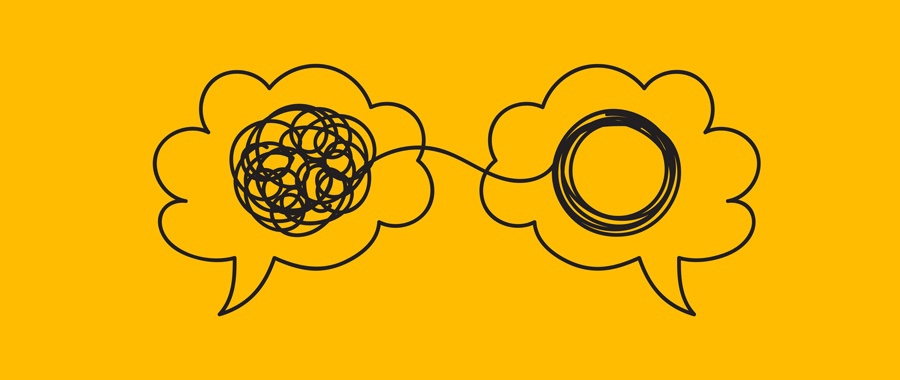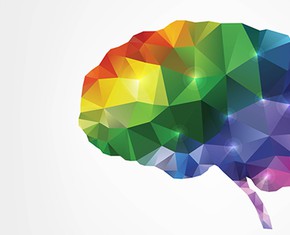The views expressed in our content reflect individual perspectives and do not represent the authoritative views of the Baha'i Faith.
Have you noticed that the quality of our dialogue has spiraled downward in the past few years?
Leaders of our time, including politicians, celebrities, and public figures, hurl insults and invective on TV shows, social media, and other platforms of discourse. The uglier and more offensive the exchange, the more it seems to draw attention. When the quality of our dialogue declines like this, it can often mean that ugliness in words turns into ugliness in actions.
This insult culture hurts us all. It coarsens our relationships with others, produces anger and resentment, and when it happens between political leaders on the international stage it harms the world’s efforts for peace, freedom and human rights.
The Baha’i teachings say that the words coming out of our mouths have power and influence on the listener, in both positive and negative ways:
For the tongue is a smoldering fire, and excess of speech a deadly poison. Material fire consumeth the body, whereas the fire of the tongue devoureth both heart and soul. The force of the former lasteth but for a time, whilst the effects of the latter endureth a century. – Baha’u’llah, Gleanings from the Writings of Baha’u’llah.
Why is conversation deteriorating so rapidly in society? To start, let’s consider a fundamental aspect of our environment. Among the millions of species sharing our planet, only humans can utter or write words. Our Creator endowed each of us with speech and with a mind, but we don’t always engage both of them simultaneously.
So we should treat this great distinction of the advanced communication capacity bestowed on humans as a divine gift.
Actually, we human beings all have a sacred right to express thoughts and feelings through spoken and written words. The importance of the freedom to speak has also been acknowledged by the thinkers and shapers of our modern era, mainly in countries where modernity has been firmly established. Consequently, freedom of speech is enshrined in the constitutions of these countries as a fundamental human right. This basic freedom, the Baha’i teachings point out, provides one of the main foundations of democracy:
Just as in the world of politics there is need for free thought, likewise in the world of religion there should be the right of unrestricted individual belief. Consider what a vast difference exists between modern democracy and the old forms of despotism. Under an autocratic government the opinions of men are not free, and development is stifled, whereas in democracy, because thought and speech are not restricted, the greatest progress is witnessed. It is likewise true in the world of religion. When freedom of conscience, liberty of thought and right of speech prevail – that is to say, when every man according to his own idealization may give expression to his beliefs – development and growth are inevitable. – Abdu’l-Baha, The Promulgation of Universal Peace.
In the West, many take freedom of speech for granted, but in some other parts of the world, citizens do not have the right to that liberty. Criticizing the head of the state could constitute a criminal offense. Commenting on certain religious beliefs can even be considered blasphemy, punishable by death.
However, even democratic systems recognize the need for balance; which means no such thing exists as absolute freedom of speech. Laws in most democracies prohibit defamation, slander and hate speech, for example. As the Supreme Court of the United States once commented in a decision, free speech does not include yelling “Fire!” in a crowded theatre – when there is no fire. Some checks and balances are necessary for the beneficial uses of this freedom of speech in the onward development of societies.
So in some societies we’re free to speak – but does our speech free others, too, or does it constrain and oppress them? Words coming from one’s mouth can either be sweet or sour to a listener. The tongue can be a weapon or a blessing of encouragement. Human utterance can be an instrument to inspire people to greater levels of achievement, and it can also be used as a weapon to dehumanize others:
Ye have been and are the dawnings of affection and the daysprings of divine grace: defile not the tongue with cursing or execration of anyone … – Abdu’l-Baha, A Traveller’s Narrative.
Speech is so powerful it can instill both fear and hope. Considering the influence of words, we must remind ourselves that each of us has the freedom to either elevate our conversation or debase the self and others. The choice is ours to make.
















Comments
Sign in or create an account
Continue with Googleor